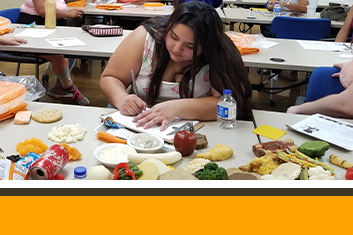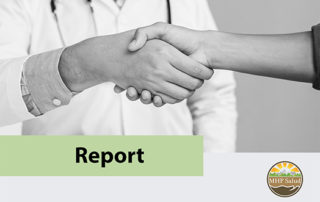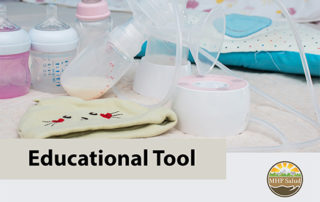Resource News and Updates
Adding Better Nutrition to Cultural Dishes Doesn’t Have to be a Challenge (CHWs Know How)
Community Health Workers in our healthy living initiative programs are helping Hispanic families change the way they approach food by providing essential education around nutrition that teaches them how to build healthier meals with the foods they know and love. Having knowledge around nutrition that is readily available is an important tool that has the potential to improve dietary habits and reduce the risk of chronic disease throughout a person’s life. But in many of the predominantly Spanish-speaking communities we serve, finding nutritional information that has been adapted to align with their language and culture can be challenging.
Blog Topics
Integrate CHWs into the Rest of the Health Care Team with 9 Tips
Changes in health care policy have shifted delivery systems towards more patient-centered models of care. To adapt, Health Centers have sought new strategies, such as Promotor(a) de Salud programs, to reform the way their care teams function. As members of the communities they serve, Promotores(as) (or Community Health Workers) are in a unique position to contribute to Health Center care teams. Their expertise in the culture of the community can help a care team better understand the context behind a patient’s condition, leading to the development of more effective care plans. Although Promotores(as) can be an asset to any care team, to flourish in this role they need Health Center support.
Have fun while teaching mothers about breastfeeding with our free Myth or Fact Card Game
This bilingual card game can be printed out and used to spark conversation among participants about the realities of breastfeeding. To print, ensure that pages are printed double-sided and flipped along the short edge of the page, then cut the cards into fourths.
Learn About Finding the True Value of CHW Programs with our New ROI Analysis Brief Report
Community Health Workers (CHWs) represent a link between members of the community and existing healthcare resources. They have had notable success reaching out to vulnerable communities in the United States with culturally tailored services. Despite mounting evidence of the positive impacts these programs can have, there is currently a lack of data relating these services to financial outcomes. This report offers an overview of the studies conducted on determining the ROI of CHW interventions across the U.S., and also offers suggestions on how to conduct an ROI analysis on your program.





